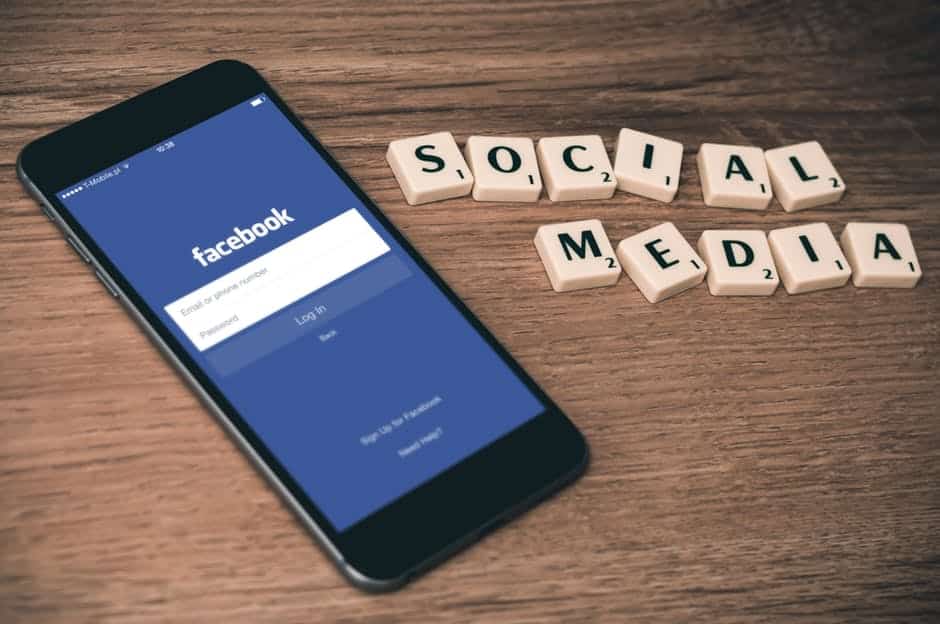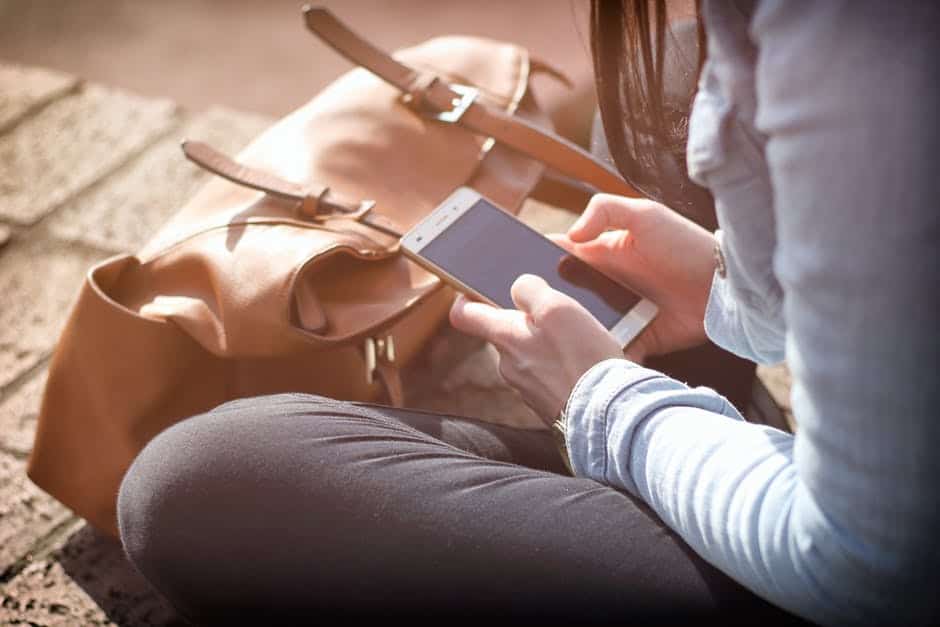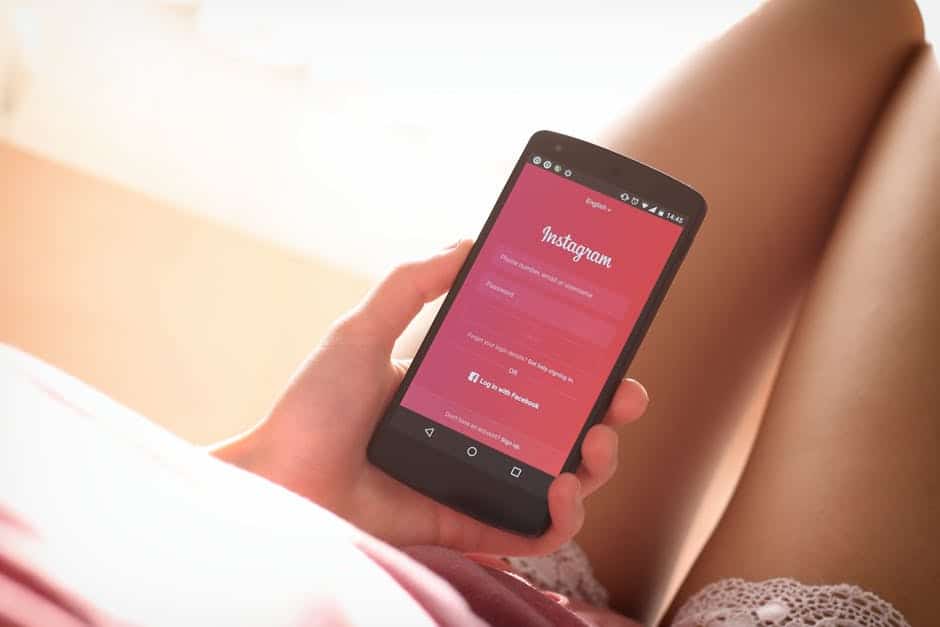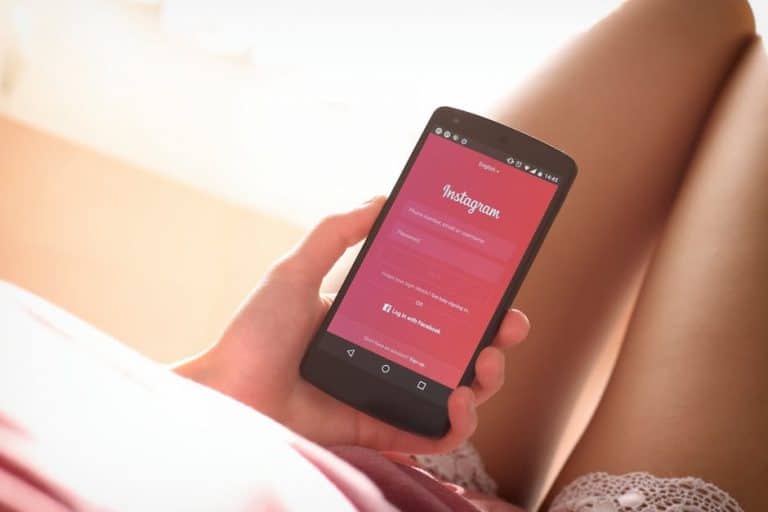
Today, lot’s of people are proud to say that they don’t watch TV or smoke, swapping their bad habits for social media addiction. We don’t let the phone out of your hands even for a minute, so as not to miss something important. But, as we all know, the most important things happen in real life, and social networks can act only as a guide that helps us with finding new friends and establishing new connections.
I would never have thought that I would get hooked on social media! But here I am, struggling with my addiction. I became addicted about a year and a half ago, and I’m still fighting my problem. I had an account on Facebook, Instagram, and Twitter. Heck, I even got one on MySpace (do you remember MySpace?).
My day looked like this. I came to work, turned on the computer. During a coffee break, I always checked all my accounts, starting with Facebook. I check my mail and photos my friends shared. When it was done, I started browsing groups and pictures in them, as well as photos or pics of others. In other words, I was browsing accounts of random people, wasting my time.
Social Media addiction is way more harmful than you think; it can easily be the cause of family problems (neglecting your most significant relationship) and poor performance issues at schools, university or workplace. Take the first step and acknowledge that you’ve got this problem and then decide that you need to address it before things spiral out of control getting worse.
Are Your a Social Media Addict?

I didn’t pay much attention to this unhealthy trend in my life up until recently. I no longer had time for basic things, like cleaning the house or taking out the trash. When trying to figure out the cause of this, I finally noticed my social media addiction. And that’s where the problem occurred, and it was quite serious. I couldn’t live a single day without checking my accounts.
This problem had to be dealt with as soon as possible. A couple more months and my IQ would probably start dropping ‘cause I didn’t get any useful information at all, stuffing my brain with all sorts of rubbish. I went online and started looking for tips to overcome my addiction, trying one tip after another. As a result, I came up with a small list of steps that worked for me. Here they are…
1) Understand your problem and its reasons
According to psychologists, as long as we keep ignoring our problem, it doesn’t exist. Therefore, the main thing in defeating your social networking addiction is to admit that it’s real. As soon as you say that you’re an addict to yourself, you’ll be ready to take the first step towards solving your problem.
Social networking addiction develops gradually. It all starts with registering on a website “just because everyone does that;” besides, Facebook and Instagram apps are now already pre-installed on every smartphone, leaving us no choice.
Sometimes you just need an account on one of the social networks. During a job interview, a human resources manager may ask you if you have one, and people you already know or just about to get acquainted with add you to their friend’s list. We all end up on Facebook or Twitter because it’s convenient. We show our active social position, post our photos, telling everyone that we also lead an active lifestyle, and our life is no worse than theirs.
That’s why the main reason for our social media addiction comes from the need to socialize. And that’s why this problem may affect anyone, from a young American teenager to a mature Ukrainian woman.
2) Set your priorities straight
Think about why you use social networks. Maybe you need them to share some information, communicate, get fresh news, watch movies, or listen to music. Determine what is most important to you.
If you need them mainly to keep in touch with your friends and colleagues, you should apply some limitations to get rid of your addiction. For example, instead of using four different social networks, leave only one.
If the main thing you do is share photos and discuss them, pick only one website that’s best for this. It’s better to start some kind of a blog where you can post your photos and chat with your subscribers and not check your Instagram account for updates every three minutes or so.
3) Get information the old-fashioned way
If you use a tablet, with a lot of games and apps installed, for reading, replace it with a simple paper book (they still exist out there, believe it or not). Let nothing distract you while reading, so you can immerse in your imagination entirely, without reacting to external stimuli.

Instead of using your smartphone for making photos, take a camera with you when going somewhere. This tip also works for everything that involves using gadgets: play board games instead of online games, read magazines, ask passers-by for directions, instead of using the navigator.
4) Set some ground rules
You probably noticed companies in cafes or other places, where people are glued to their smartphones’ screens, sitting at a table with food and drinks. Is the meeting with friends not an excuse to put your phone away and forget about it for a few hours? Try to enjoy conversation with living people, tell each other jokes and different stories here and now.
Make some restrictions for yourself. For instance, always turn off the phone’s sound if you’re in a museum or cinema. When meeting someone, turn off the phone or at least disable Internet access; those who need you right now are in front of you. When hanging out with your friends, set a simple rule: those who put their smartphones out of the pocket for no serious reason, pay the bill in the café for others. If someone urgently needs you, they’ll call.
5) High-tech method
It turns out that there’s a PC program that controls the time you spend online and remotely reminds you that the daily norm of web surfing is almost reached. After you reach your limit, the program blocks the access to social networks for you until the next day. It’s a very effective method.

6) Delete your accounts from all social networks
This is extreme, but the most effective way to combat social networking addiction. After a few weeks without Facebook, you won’t remember what made you waste so much time on it.
Don’t waste your attention on the things you don’t need. You won’t miss anything without social networks. But you risk missing your entire life when looking for a photo to share or someone to follow on Twitter. Is it really worth your precious time?


